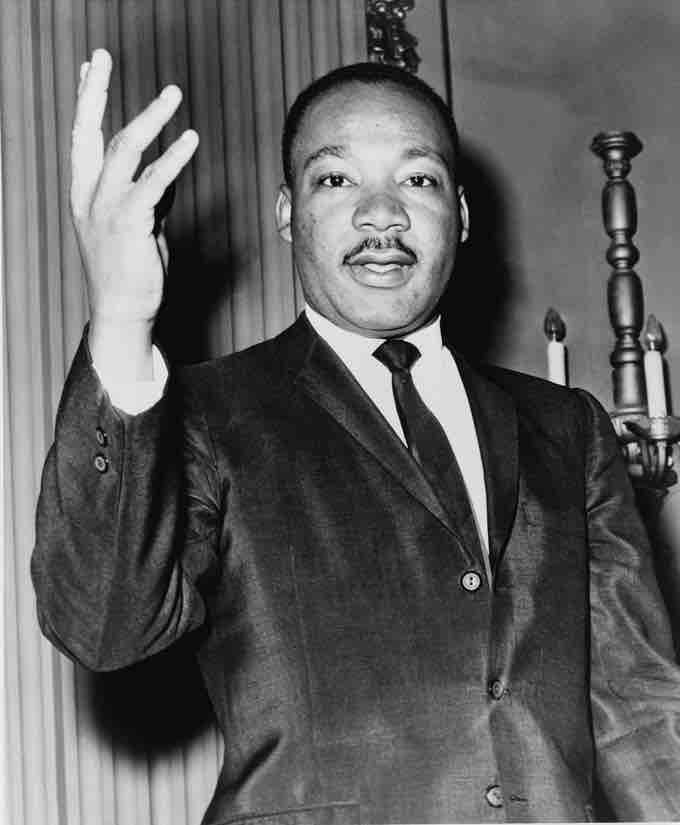Social Equality and Equality Before the Law
Social equality is a social state of affairs in which all people within a specific society or isolated group have the same status in certain respects. Social equality must include equal rights under the law, such as security , voting rights, freedom of speech and assembly, property rights, and equal access to social goods and services. However, it may also include concepts of economic equity, such as access to education, health care, and other social securities. Since social equality includes equal opportunities and obligations, it involves the whole of society.
Social equality requires the absence of legally enforced social class or caste boundaries and the absence of unjustified discrimination motivated by an inalienable part of a person's identity. For example, sex, gender, race, age, sexual orientation, origin, caste or class, income or property, language, religion, convictions, opinions, health or disability must not result in unequal treatment under the law and should not reduce opportunities unjustifiably. Within the United States, racial and gender equality issues have been particularly prevalent and the catalyst for much social and political reform through the work of the feminist and civil rights movements.

Martin Luther King, Jr
Martin Luther King, Jr. was an American clergyman and activist who championed the cause of racial equality.
Equality of Opportunity vs. Outcome
The concepts of equality of opportunity vs. outcome have been the center of much contentious debate within American politics. Equality of opportunity is a state in which all people are treated similarly, unhampered by artificial barriers, prejudices, or preferences, except when particular distinctions are warranted. Equality of opportunity - as an ideal - ensures that important jobs will go to those persons who are most qualified, rather than go to people for arbitrary or irrelevant reasons, such as circumstances of birth, upbringing, friendship ties to whoever is in power, religion, gender, ethnicity, race, caste, or "involuntary personal attributes" such as disability, age, or sexual preferences. Chances for advancement should be open to everybody interested. The concept of equal opportunity has moved beyond employment practices and is now applied to broader areas such as housing, college admissions, and voting rights. In the classical sense, equality of opportunity is closely aligned with the concepts of equality under the law and meritocracy.
Equality of outcome, in contrast, refers to a state in which people have approximately the same material wealth or, more generally, the state in which the general economic conditions of people's lives are similar. To achieve equality of outcome, it is necessary to reduce or eliminate material inequalities between individuals or households in a society. This can be done through a transfer of income and/or wealth from wealthier to poorer individuals, or adopting other institutions designed to promote equality of condition from the start. Equality of outcome remains a controversial concept, since, for example, striving for equal outcomes might require discriminating between groups to achieve these outcomes; or striving for equal opportunities in some types of treatment might lead to unequal results. Thus, policies that seek an equality of outcome often require a deviation from the strict application of concepts such as meritocracy and legal notions of equality before the law for all citizens.